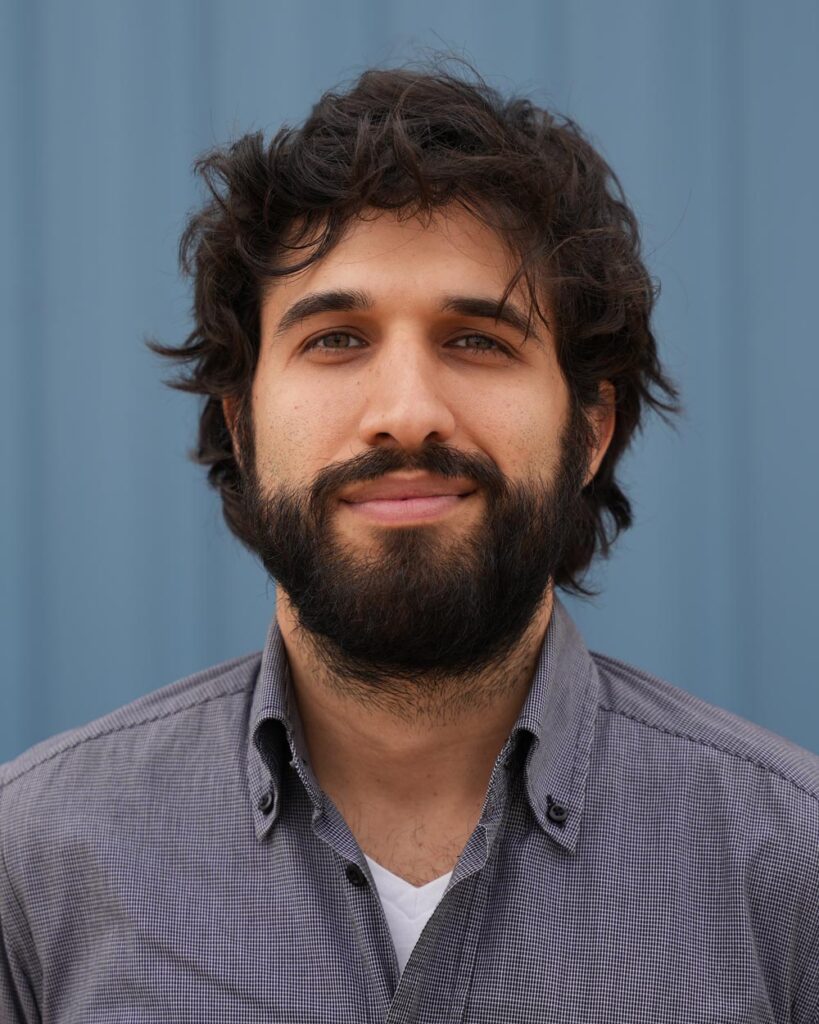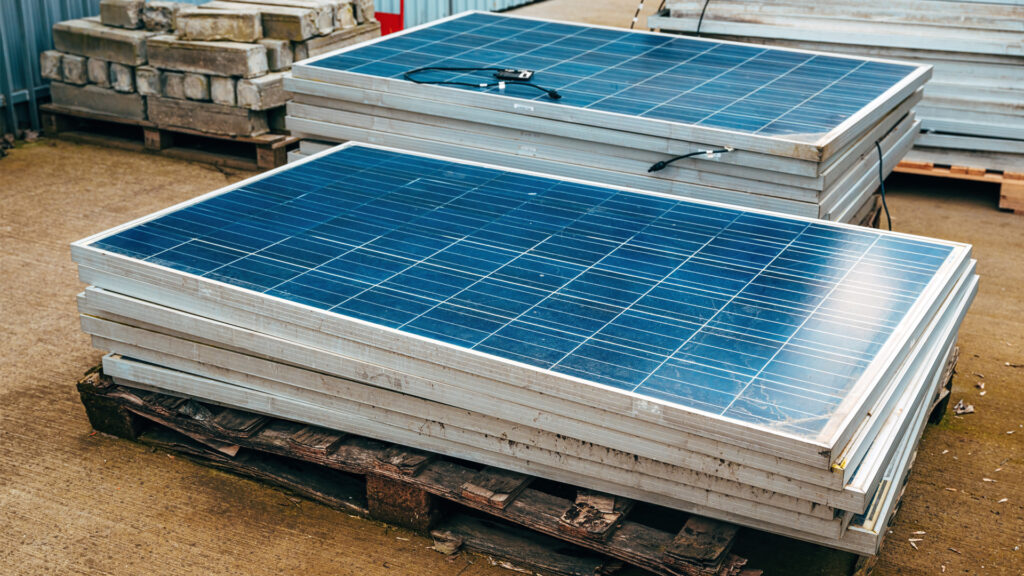By Carlos Roa, VoLo Foundation
Pablo Ribeiro Dias is a world-renowned researcher and innovator in the field of solar photovoltaic (PV) modules, often simply called solar panels, and e-waste recycling technologies. As co-founder and chief technology officer of Solarcycle, he leads cutting-edge developments in high-value, low-cost recycling processes.
Pablo holds a PhD in e-waste recycling and management from the Federal University of Rio Grande do Sul (UFRGS) in Brazil and another PhD from Macquarie University (Australia), as well as a master of science in photovoltaic recycling. His work has been featured in The Guardian, Cosmos, PV Tech and Solar Power World. In 2023, Business Insider named him to their ”Climate Action 30″ list of global climate leaders.
He’s also set to publish his new book, ”Climate Changed: The Science of Sustainability and How Each of Us Can Do Our Part,” a clear and engaging guide for readers feeling overwhelmed by the complexities of climate change. “My goal is to empower readers with knowledge and practical solutions so they can take meaningful action,” Pablo explains. “Sustainability isn’t just possible; it’s necessary.”
In this conversation, Pablo discusses the future of solar panel recycling, the business of sustainability, and how myths about renewable energy are being dismantled by data and innovation.
Is it possible to recycle solar panels?

Yes! And not just recycle but recycle most of a solar panel. Panels are built like a sandwich, with different layers of materials. Except for some plastics, nearly all of it can be recycled. Most of a solar panel by weight is very high-quality glass, which can be reused to make new solar panels, windows, containers or even products like cement and fiberglass.
The aluminum frame, made of aircraft-grade material, is also 100% recyclable. Then there are the semiconductors, materials like silver, copper, tin, and silicon, which are all valuable and recyclable.
The tricky part is the plastics, the glues between layers, which represent about 6 to 10% of the panel’s weight. They’re harder to recycle because they’re chemically engineered for durability, not recyclability. But overall, yes, solar panels are highly recyclable.
What is the expected lifespan of a solar panel?
Typically, solar panels come with warranties ranging from 25 to 35 years. Left on their own devices in the field, they last decades.
However, real-world conditions can shorten that lifespan. Breakage during transportation, installation issues, and increasingly severe weather events like floods, hurricanes, and fires can bring the average operational life down to about 17 years. But even then, it’s still more than a decade of clean energy production.
Considering the recycling process, are new jobs being created around disassembling and recycling solar panels?
Absolutely. Our vision at Solarcycle is to build a true circular economy. That means not only recycling panels but also stepping in as manufacturers when parts of the supply chain are missing, like making use of the difficult-to-recycle plastics or producing solar-grade glass domestically.
Today, there’s no solar glass manufacturing in the U.S., so we’re investing in building the country’s first plant. In Georgia, we’ve acquired a site where we’ll create over 500 recycling jobs, and across the road, our glass plant will create another 500+ jobs. So, just in Georgia, more than 1,000 positions will open.
Is the recycling business model truly sustainable and profitable?

We are a venture-backed tech company, like the classic California startups. Sustainability and profitability depend on reaching scale. Recycling solar panels is a volume-driven business where you need a certain mass to make the economics work.
If we waited for volumes to naturally build up, we would be too late. That’s why we’re investing ahead of the curve, developing solutions today so that when the major waste volumes arrive, we’re ready at scale, ensuring that there’s no disruption for the business or the environment.
Another concern is public perception. Solar energy is clearly beneficial, but there are still prejudices and misinformation about its environmental impact. How do you see that playing out?
That’s a great question. Our company was founded partly because of that very issue.
There are three co-founders at Solarcycle: I come from a deep research background in recycling, Suvi Sharma comes from the solar manufacturing side, and Jesse Simons from the Sierra Club, an advocacy group. Jesse experienced firsthand how fossil fuel interests were attacking renewables by pointing to solar’s “waste problem.”
He realized the industry needed a real solution at scale, and that’s what motivated us to start Solarcycle.
And as for data, the National Renewable Energy Lab (NREL) studied this. Despite sensational headlines — terms like “toxic mountains” and “solar waste crisis” — the actual environmental impact of retired solar panels is tiny compared to fossil fuels. Panels are highly recyclable, and most of the materials have significant value.
In short, the negative narrative is largely fueled by misinformation, and companies like ours are working to turn the reality into a success story for clean energy.
Carlos Roa is senior press and PR director for VoLo Foundation. VoLo Foundation is a financial supporter of The Invading Sea. Banner photo: Weathered solar panels on the roof of a house (iStock image).This piece was originally published at https://volofoundation.org/news/pablo-ribeiro-dias-turning-solar-waste-into-opportunity/.
Sign up for The Invading Sea newsletter by visiting here. To support The Invading Sea, click here to make a donation. If you are interested in submitting an opinion piece to The Invading Sea, email Editor Nathan Crabbe at nc*****@*au.edu.



